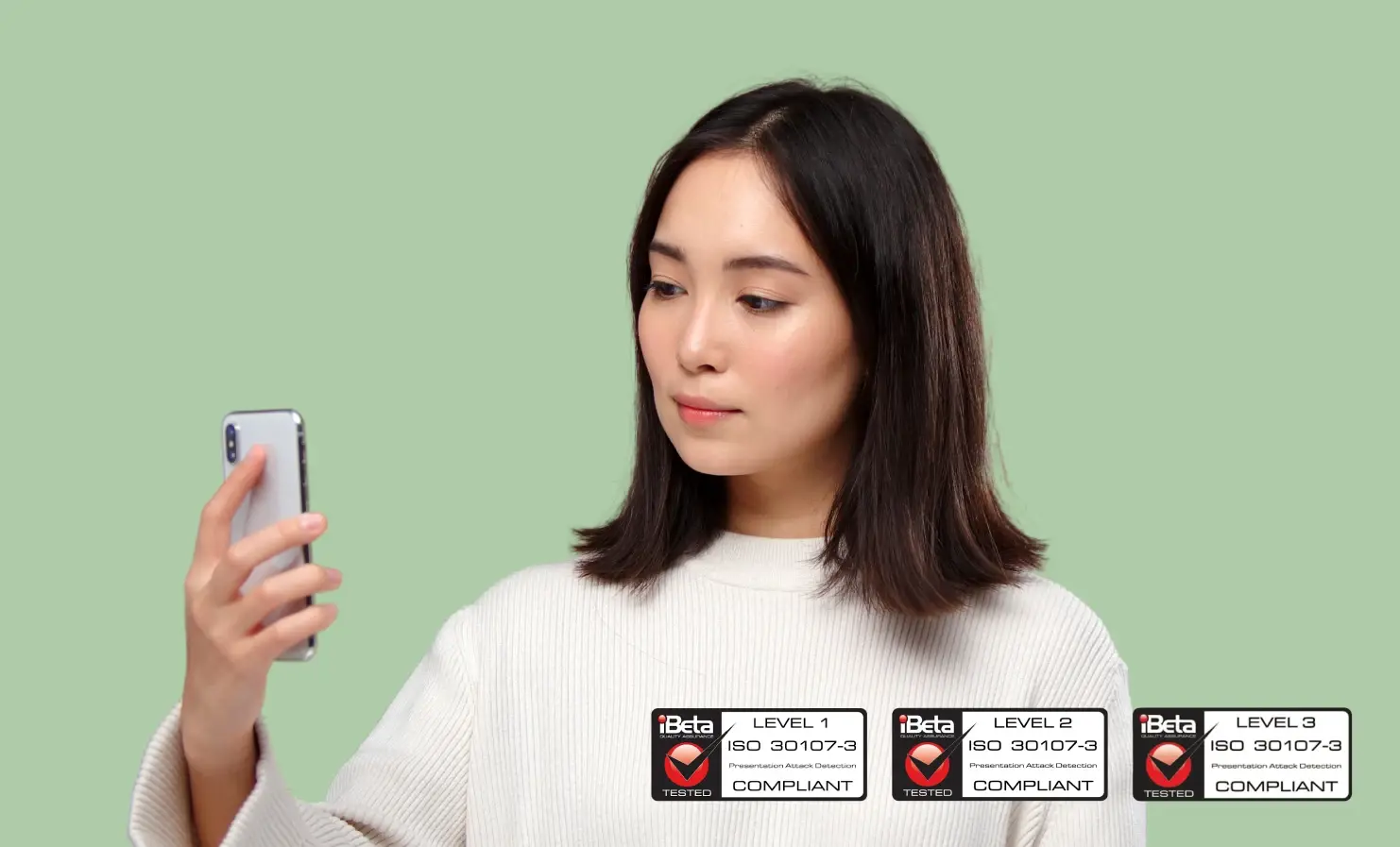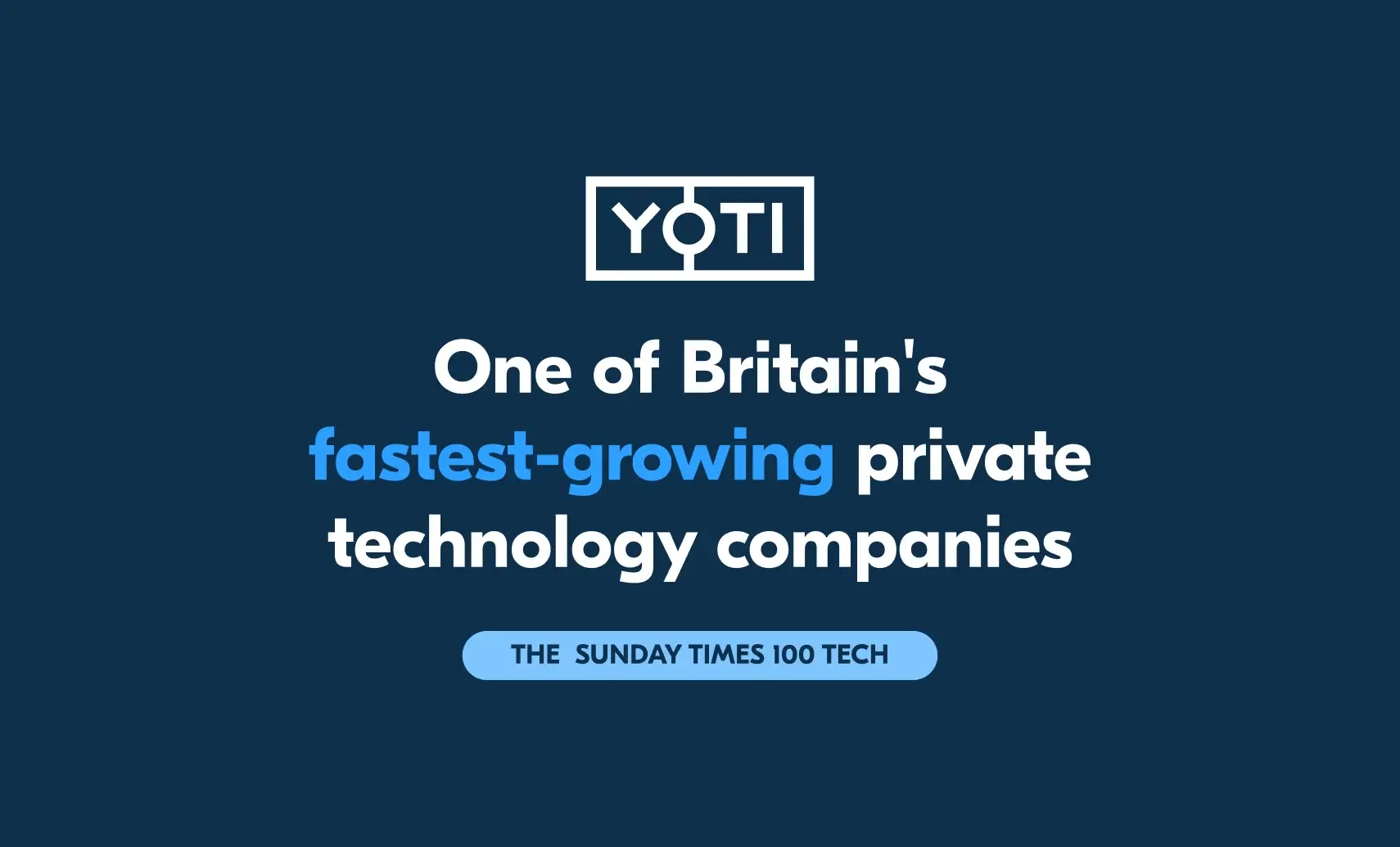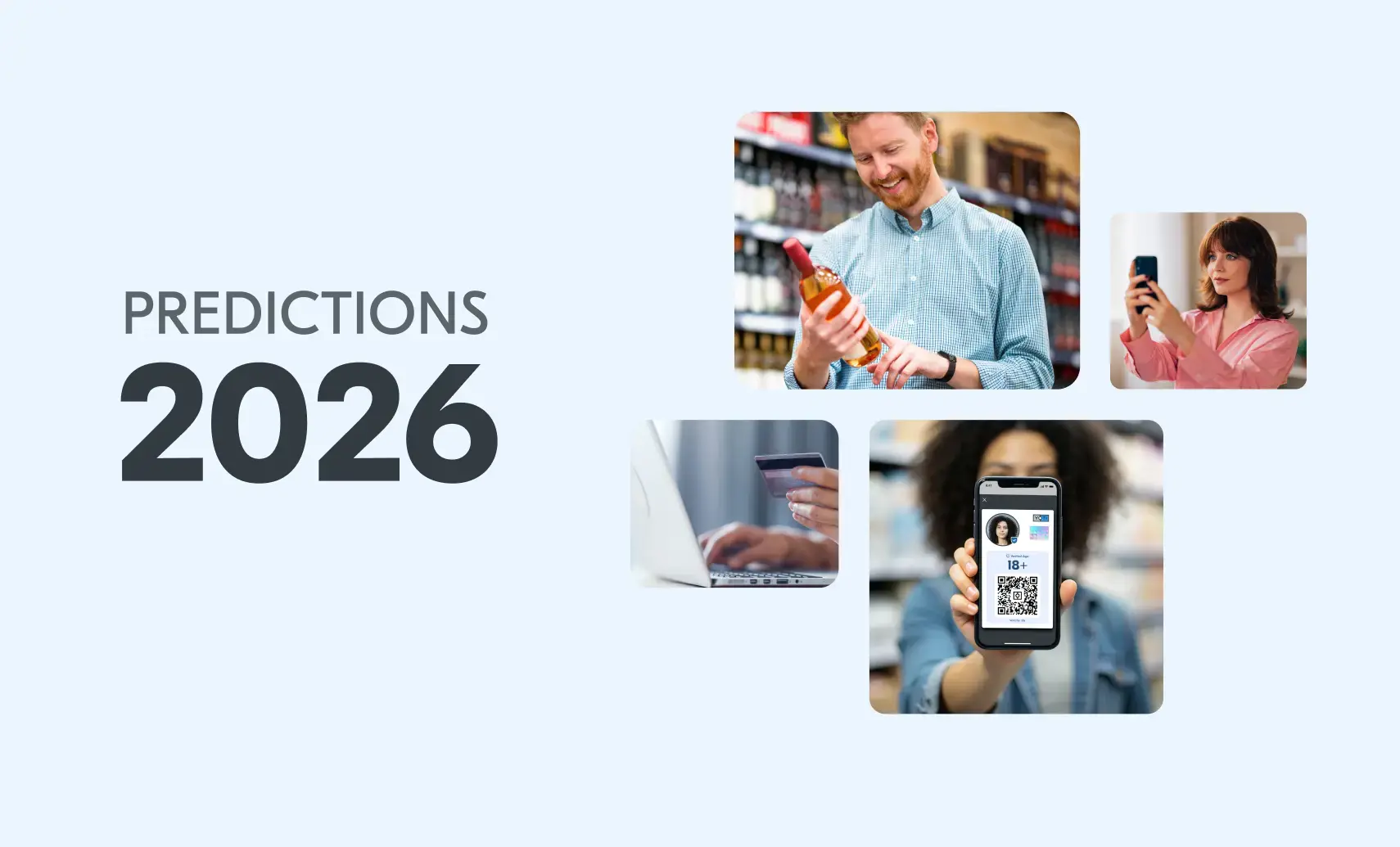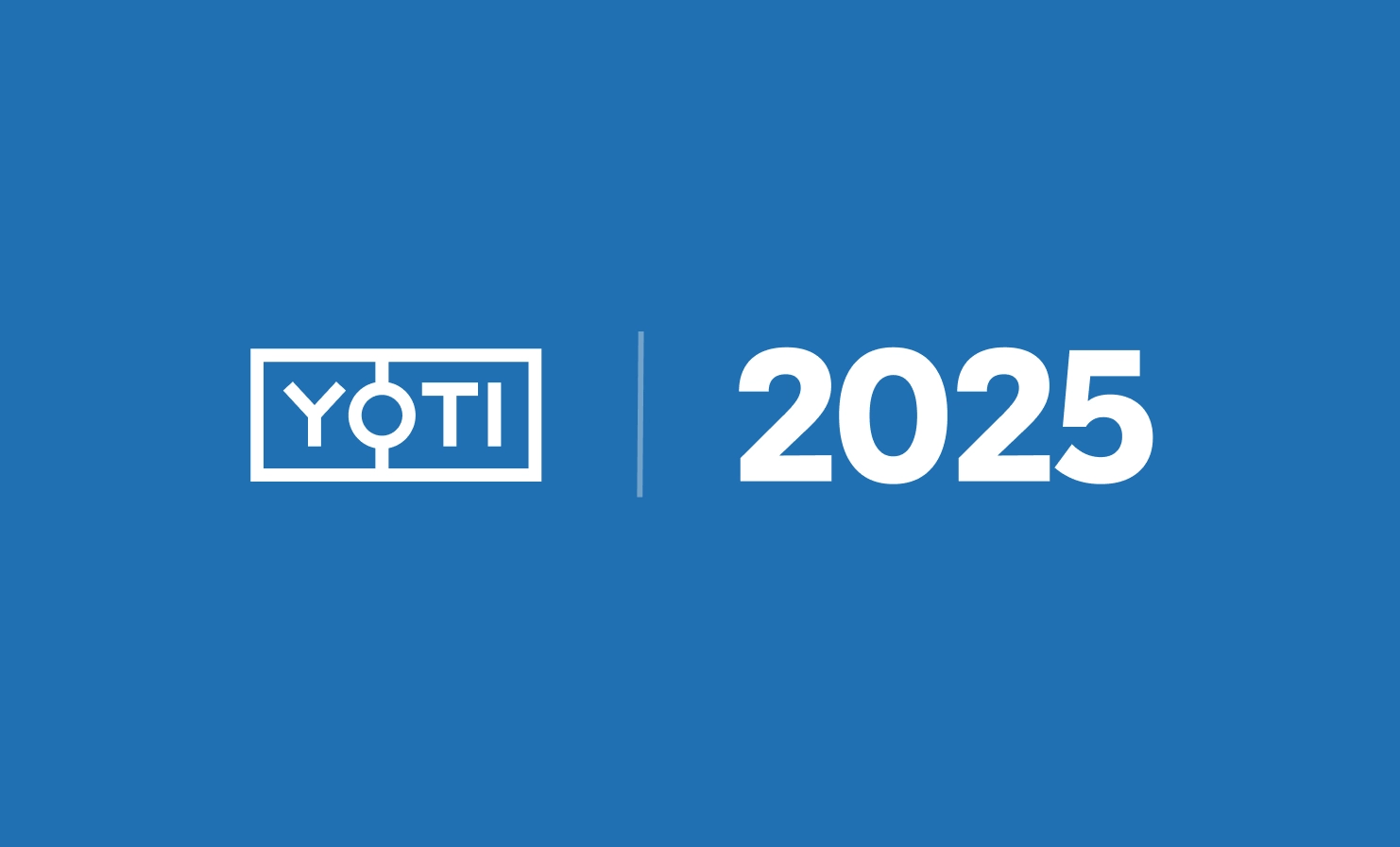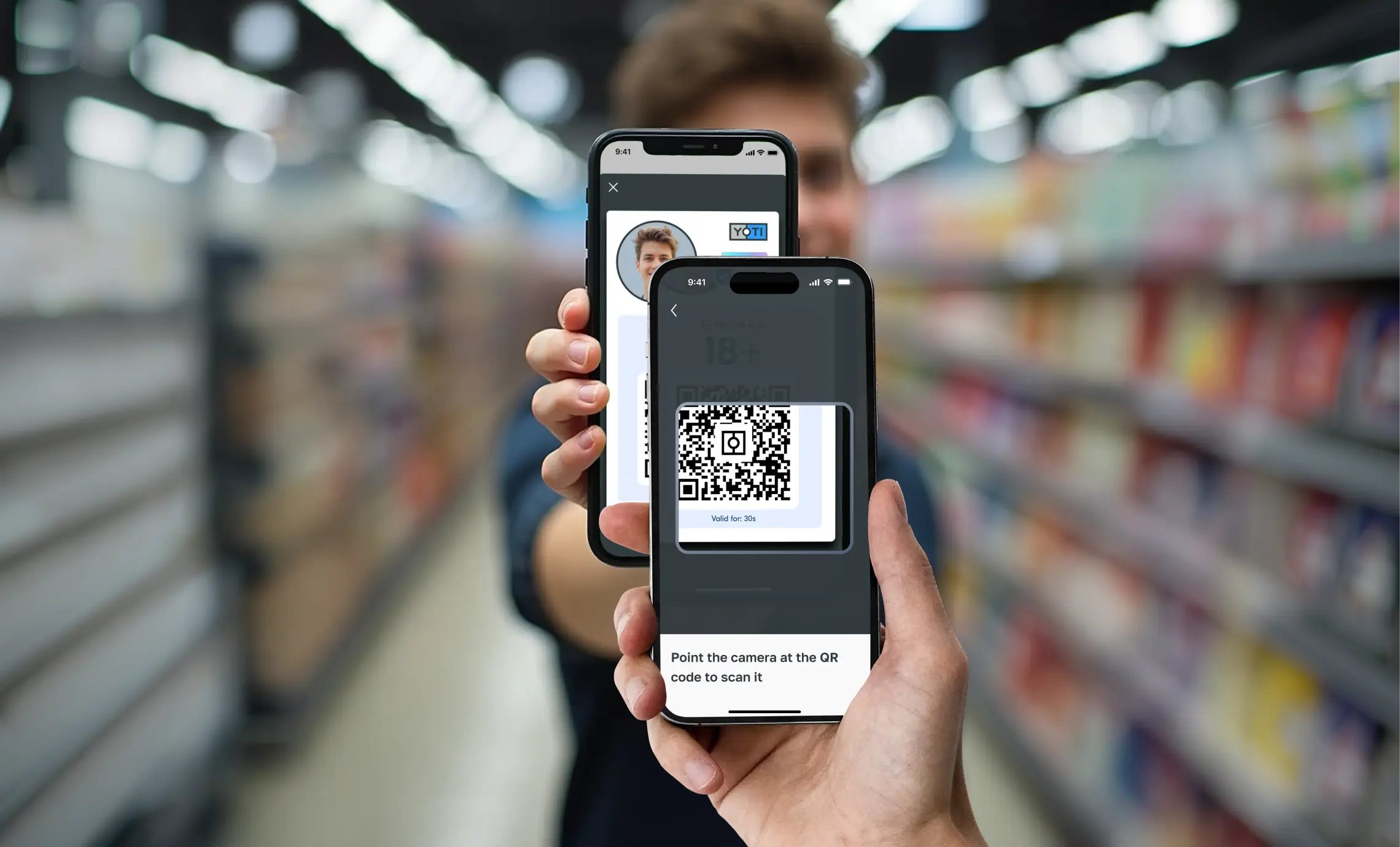Thoughts from our CEO
In this blog series, our CEO Robin Tombs will be sharing his experience, whilst focusing on major themes, news and issues in the world of identity verification and age assurance. This month, Robin chats about Yoti’s record year, major advances in our liveness and facial age estimation models and shifting government attitudes on digital ID. Yoti’s revenue growth accelerates 2025 has been a record year for Yoti. Revenues grew 62% in 2025 to £29.0 million, up from £17.9 million in 2024. That compares with £11.5 million in 2023, meaning 2024 revenues were already 56% higher year on
Yoti is the first in the world to meet iBeta’s highest liveness standard for presentation attack detection
Liveness checks are everywhere online. They give the same reassurance as a face-to-face age or identity check: that the person on the other side is real. They sit behind how people open accounts, access services and prove who they are (or how old they are). They also stop bots and bad actors from creating fake accounts, be that on dating sites where people are tricked into relationships with someone who doesn’t exist, or on ticketing sites where bots snap up all the best seats to resell at a profit. Because liveness checks sit right at the front of these
We’ve made the Sunday Times 100 Tech (again)
We’ve got some pretty exciting news to share. Yoti has been included for the 2nd year in a row in The Sunday Times 100 Tech list, Britain’s fastest-growing private technology companies, coming in at number 47. The Sunday Times 100 Tech ranks tech businesses by measuring their compound annual growth rate over the past 3 financial years. How do they decide who makes the list? As well as measuring revenue growth, The Times also requires companies to be independent, unquoted and privately owned, with a UK headquarters, owning its own proprietary technology and with revenue in excess of
What’s in store for 2026
As we look ahead to 2026, this year feels like a tipping point. Not in a flashy, sci-fi way, but in the quiet, everyday moments where proving who you are gets easier, safer and quicker. For over a decade, we’ve been working towards one goal – building the world’s trusted identity platform. With new legislation coming, growing demand for reusable credentials (this could be your ‘over 18’ status or a verified ID card) and rising expectations for safer online interactions, we think 2026 is the year those efforts will really start to show up in daily life. Here’s what
A look back at 2025
As we close out 2025, we’ve been reflecting on a year that marked a clear shift for the age and identity industry. This was the year digital IDs moved further into everyday use. The year age regulation accelerated globally. The year trust proved to be a true differentiator, and one we’ve worked hard to build and maintain. Behind the scenes for Yoti, it was also a year of significant progress, including reaching profitability and expanding our role in the identity ecosystem. Here’s our look back on the moments and learnings that shaped our 2025. Digital IDs moved closer
Meet the free ID Checker app
In the UK, the way people are able to prove their age is changing. The Government is actively working to update legislation that’ll allow digital IDs to be used as proof of age when buying alcohol. It’s a significant step towards modernising everyday, in-store interactions for retailers and hospitality venues across the country. To help businesses prepare for these changes with confidence, we’re launching the Digital ID Connect ID Checker app. It’s a free, simple and secure way for staff to verify customers’ digital IDs when they choose to use them to prove their age or identity in person.


